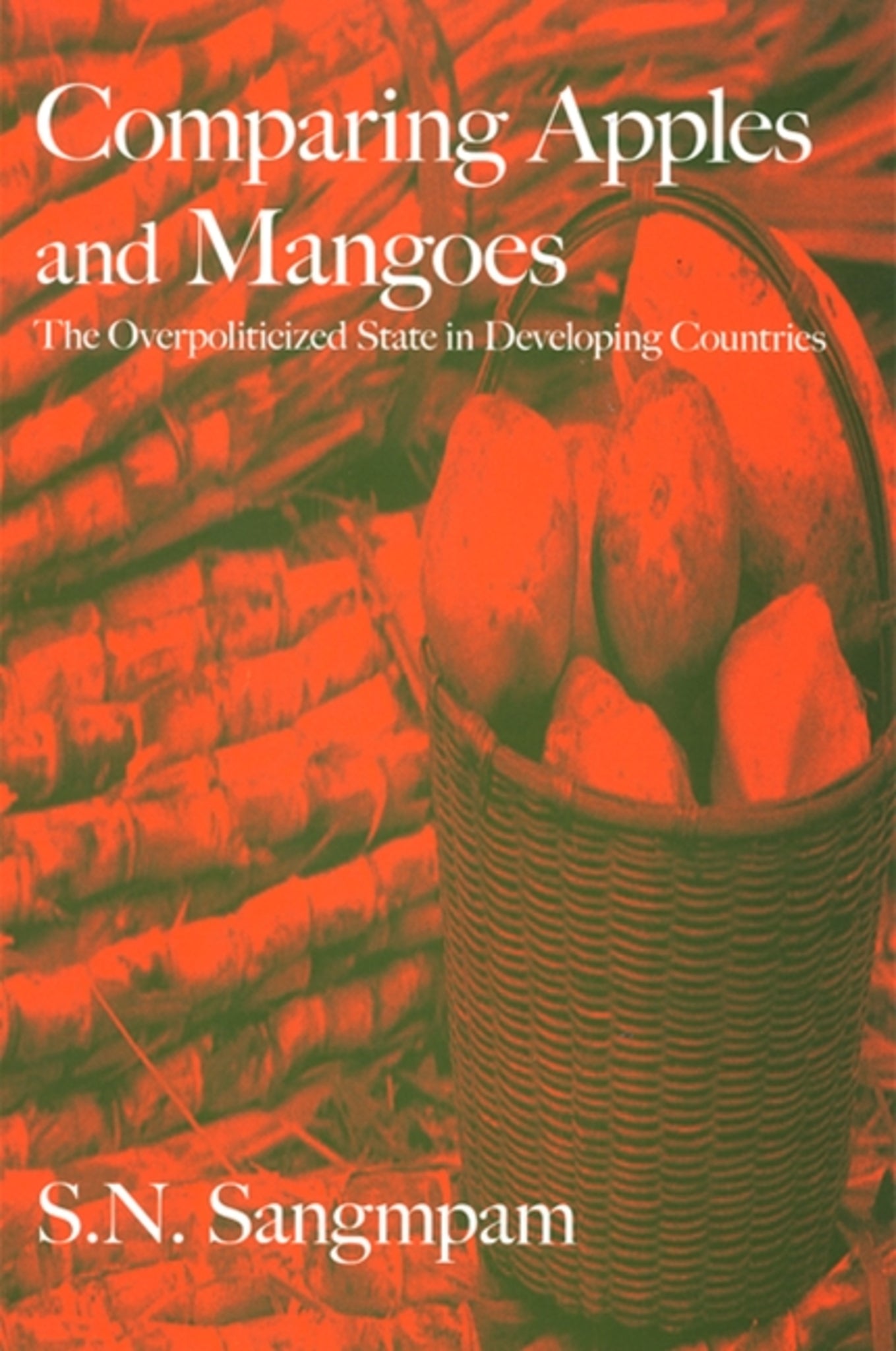We're sorry. An error has occurred
Please cancel or retry.
Comparing Apples and Mangoes

Some error occured while loading the Quick View. Please close the Quick View and try reloading the page.
Couldn't load pickup availability
- Format:
-
03 January 2008

Uncovers important similarities in the political features of developing countries in Africa, Asia,and Latin America.
Two competing approaches currently dominate the debate about the state and institutions in developing countries. The first projects a picture of transnational, vertical uniformity descending from the West to developing countries and views liberal democracy as "the only game in town." In this view, the state and institutions resemble or ought to resemble those in the West. The second, by contrast, explains political outcomes by local idiosyncrasies and regional variations in institutions. In his original approach to third world politics, S. N. Sangmpam challenges both views by uncovering important similarities in the political features of developing countries. He shows that they share political behaviors and features unaccounted for in either local/idiosyncratic or liberal democratic theories. These behaviors converge toward a common property-overpoliticization-that defies political compromise, leading to an overpoliticized state. Sangmpam provides a wealth of empirical, historical, and quantitative evidence from Latin America, Asia, Africa, and the West and demonstrates the overpoliticized state constitutes the cornerstone of an integrated theory of politics in developing countries.


List of Illustrations
Acknowledgments
Introduction
1. Comparing Apples and Mangoes
The Mischaracterization of Third World Experiences
Setting the Framework: Comparing Apples and Mangoes
Politics and Overpoliticization
2. Sins of Universalism and Particularism
From the Behavioral Revolution to Modernization Theory
Democratization by Institutional Fiat
Universalism from the Left
Particularism and Anti-Third Worldism
Particularism in South America, Asia, and Africa
Conclusion
3. Overpoliticization: Empirical and Historical Evidence
Overpoliticized Behaviors in Democratic Regimes
Overpoliticized Behaviors in Authoritarian Regimes
Overpoliticized Behaviors Common to Democratic and Authoritarian Regimes
Overpoliticized Behaviors in Western Countries
Conclusion: Differences and Similarities
4. Overpoliticization: Quantitative Evidence
Data and Procedure
Results and Interpretation
Conclusion: Differences and Similarities
5. Understanding the Overpoliticized State
Political Institutions and the State as Effects of Politics
Compromise-Resistant Politics and the Overpoliticized State
The Liberal Democratic State as the Conceptual Contrast
6. Basic Hypotheses About the Overpoliticized State
What Explains Liberal Compromise?
What Explains Overpoliticization?
Conclusion
Appendixes
Notes
Selected Bibliography
Index



